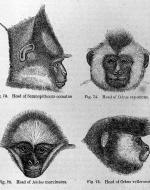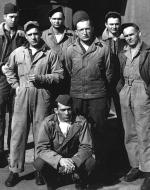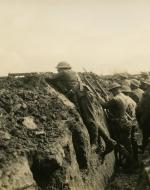This photo gallery takes some of the most important moments, people, and art reflecting the gradual decline of religion through the 17th to 20th centuries.
Images in this Exhibit
Group content visibility
Use group defaults
Vetted?
Not Vetted





